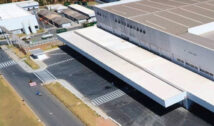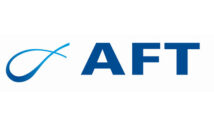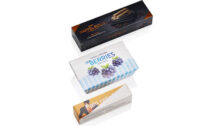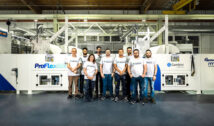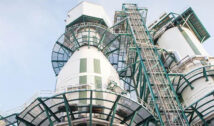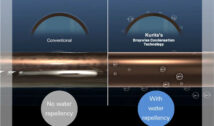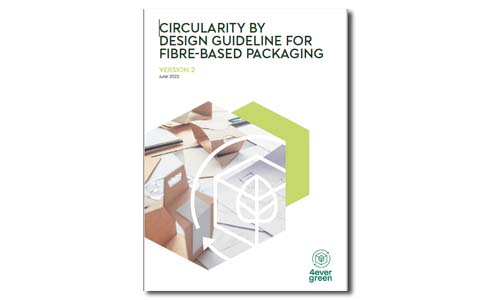
The 4evergreen alliance releases version 2 of its Circularity by Design Guideline, with new guidance on how to design beverage packaging that is recyclable from the start. Following months of expert-led research and discussions, the new recommendations cover fibre-based composite packaging types and inform designers on their compatibility with specialised recycling processes.
From coffee cups to juice and milk cartons, designers now have a reliable, industry-backed reference to make the best recyclability choices for these types of packaging. It is a major step forward in reaching the goal of providing a holistic, practical and comprehensive tool for the industry to use in all fibre-based packaging design.
Packaging recyclability starts with good design. Producers and designers are constantly innovating to develop functional and sustainable packaging solutions. 4evergreen experts work intensely to enable that innovation with clear recommendations on the best materials and processes for recyclable products.
The first version of the Circularity by Design Guideline, published in March 2022, provides recommendations for the standard recycling process through comprehensive design tables for each product group.
Released today, Version 2 of the Circularity by Design Guideline further enhances those recommendations with new guidance on design choices for used beverage cartons (UBC) and packaging of similar composition.
“We are delighted to have finalised this second version of the guideline. It is the result of a meticulous screening of existing knowledge and in-depth expert research and discussions across the entire value chain. That’s what makes our guideline unique. We now have a functional and holistic document where designers can find reliable recommendations to ensure fibre-based packaging is designed with circularity in mind,” says Hans Wortman, 4evergreen alliance Chair.
The next step will be the publication, in 2024, of the final version of the guideline, including design recommendations focused on floatation deinking mills and specialised mills for fibre-based composite packaging (FBCP).
Background
The Circularity by Design Guideline version 2 is the latest in a series of expert-led industry tools the 4evergreen alliance is developing to help drive the sector towards its ambition of perfecting the circularity of fibre-based packaging.
The package already includes:
- the Recyclability Evaluation Protocol – part one for standard mills that provides a harmonised method to evaluate individual fibre-based packaging products and score their suitability for recycling in standard mills.
- the ‘Guidance on the Improved Collection and Sorting of Fibre-based Packaging for Recycling’ that offers an overview of existing systems and practical recommendations for enhancing the collection and sorting of different types of fibre-based packaging.
4evergreen hopes that these tools, alongside other input from industry stakeholders, will be used as a knowledge basis by policymakers for upcoming legislation on recyclability, collection and sorting, most notably the proposal on Packaging and Packaging Waste Regulation.


